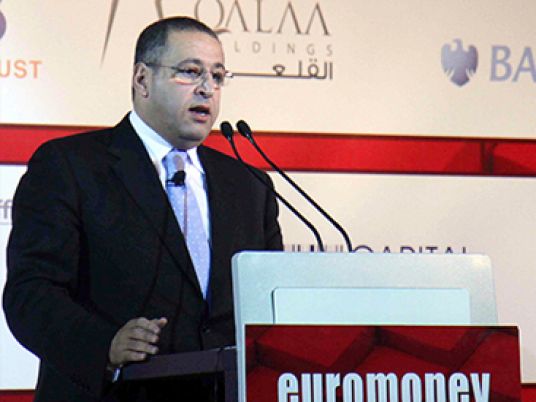
Egypt's legislative reform committee, in affiliation with its cabinet, has agreed on suspending the unified investment law, only including amendments to current investment incentives and guarantees law, upon widespread criticism of the draft law proposed by the Investment Ministry by business organizations as well as governmental authorities.
Several businesses considered the committee's suspension a victory for societal dialogue. Talks were conducted by the economic committee and the legislative reform committee for more than three weeks and included all authorities and organizations in question.
Hesham Ragab, head of the economic legislations committee, said the major trend is that amendments will be made to the current law. He added that the committee is indefinitely in session until a final formula of amendments is reached.
Speaking to Al-Masry Al-Youm, Ragab said that there will be two meetings held on Wednesday and Thursday with the secretariat-general of the main legislative reform committee. All amendments will be submitted to the cabinet before the end of next week.
“One of the issues that the committee will focus on is amending the chapter on ending disputes. We want to ensure that the committees in charge of settling conflicts will have clear enforceable powers stated by law,” he said adding that tax incentives are still pending discussions and that it has not yet been decided if they will be amended or not.
Tareq Tawfiq, deputy head of the Federation of Egyptian Industries, said that the postponing and reconsideration of the law reflects a new spirit of government that shows confidence in business organizations.
He ruled out that the government's hesitance in formulating new investment policy, either through law or amendment, would affect Egypt's image abroad, saying that investors do not care about names as much as facilitation measures.
The issue of new law in the meantime would not promote investment during the economic summit, he said adding that a new law would require a three-month regulation period meaning that investors would attend the summit without knowing the investment mechanisms.
He also called for a broader promotion of projects than just those sponsored by the Investment Authority. Tax exemptions should be for sectors that require governmental subsidies in accordance with state requirements.
During talks on Monday between Minister Mounir Fakhry Abdel Nour and Ambassador James Moran, head of European Union Delegation, the minister said the new investment law will be finalized before the economic summit slated for March.
Edited translation from Al-Masry Al-Youm




